A Legacy of Justice, Perseverance, and Healing
For Jewish American Heritage Month, Theodore Flaum, D.O., professor of osteopathic manipulative medicine, reflects on his heritage and how it has shaped how he teaches, practices medicine, and lives.
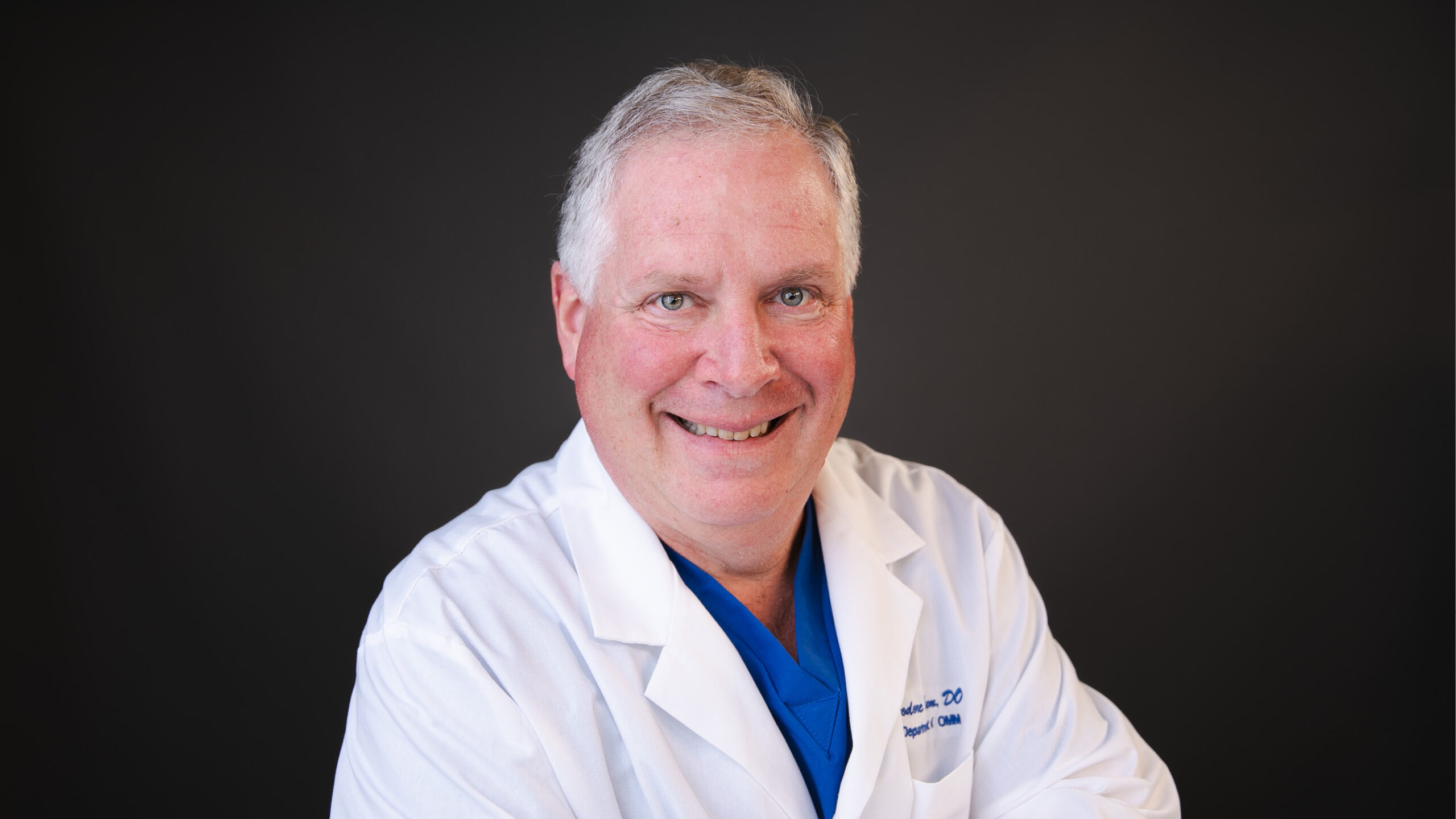
As a physician and professor of osteopathic medicine, my Jewish heritage is not just a part of who I am, it is the foundation that shapes how I teach, practice, and live. Jewish American Heritage Month offers a moment to reflect on that identity and the historical narratives that have influenced our place in American society. Two stories in particular resonate deeply with me: the life of Rabbi Israel Dresner and the little-known history of “reverse quotas” that once limited Jewish access to medical education.
Rabbi Israel “Sy” Dresner, a key figure in the civil rights movement, exemplified the Jewish commitment to tikkun olam, the ethical call to repair the world. A close ally of Martin Luther King Jr., Dresner risked his life by riding buses through the segregated South and standing on the front lines of justice. His activism was not despite his faith but because of it. As he once said, the Hebrew prophets “were the first radicals,” and their calls for justice still echo today. Dresner’s legacy reminds us that Jewish identity is deeply tied to moral courage—a readiness to speak out not only for our own people but for any community facing oppression.
While Jewish Americans were marching for civil rights, they were also quietly battling discrimination closer to home. The second article I reflect on details a disturbing but often forgotten chapter: the widespread use of “reverse quotas” in American medical schools during the 20th century. These policies, designed to cap or limit Jewish enrollment, were rationalized under the guise of maintaining diversity or “character.” Jewish applicants—often the children of immigrants—were stereotyped as overly ambitious, lacking in bedside manner, or threatening to the status quo.
These discriminatory practices had real consequences. They not only limited educational and professional opportunities but also sent a broader message: that Jews, no matter how talented or hardworking, were unwelcome in certain spaces. And yet, our community persevered. Jewish students found alternative paths, created their own institutions, and ultimately transformed American medicine—not through exclusion but through excellence.
Today, I am proud to be on the teaching faculty at the College of Osteopathic Medicine, where diversity and inclusion are embraced. Additionally, I do not take that progress for granted. Understanding where we’ve come from—through the stories of people like Rabbi Dresner and the fight against educational quotas—reminds me that justice is not a static achievement but a continuous pursuit. Jewish American heritage is a tapestry of resilience, faith, and social responsibility. It is the story of immigrants who worked to heal a country that did not always welcome them and leaders who risked everything to stand beside others. As we celebrate Jewish American Heritage Month, may we carry forward this legacy—not only in remembrance but in action.
More News
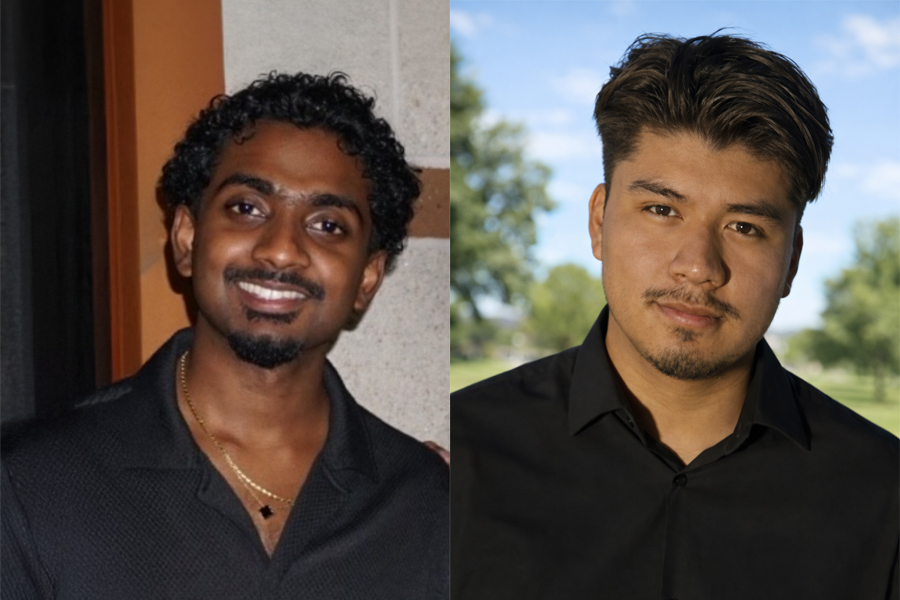
My Co-op Gig: Engineering Together
For their co-op, friends and electrical and computer engineering classmates Pavan Kanakkassery and Oscar Cruz traveled to Texas twice to electrify a 16-wheeler industrial rig.
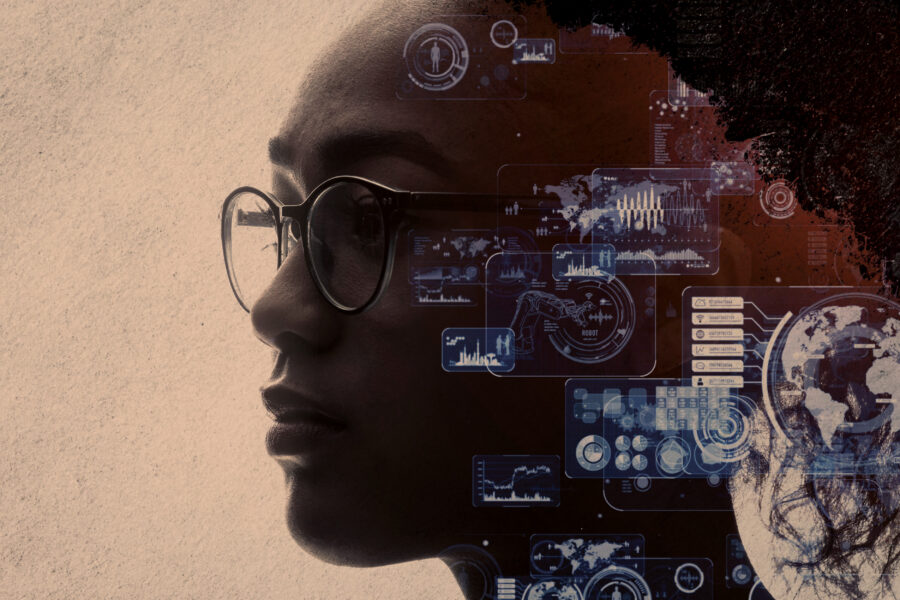
New York Tech Celebrates Women’s History Month 2026
Celebrate women and their many accomplishments during Women’s History Month. The university will host a series of events throughout March.
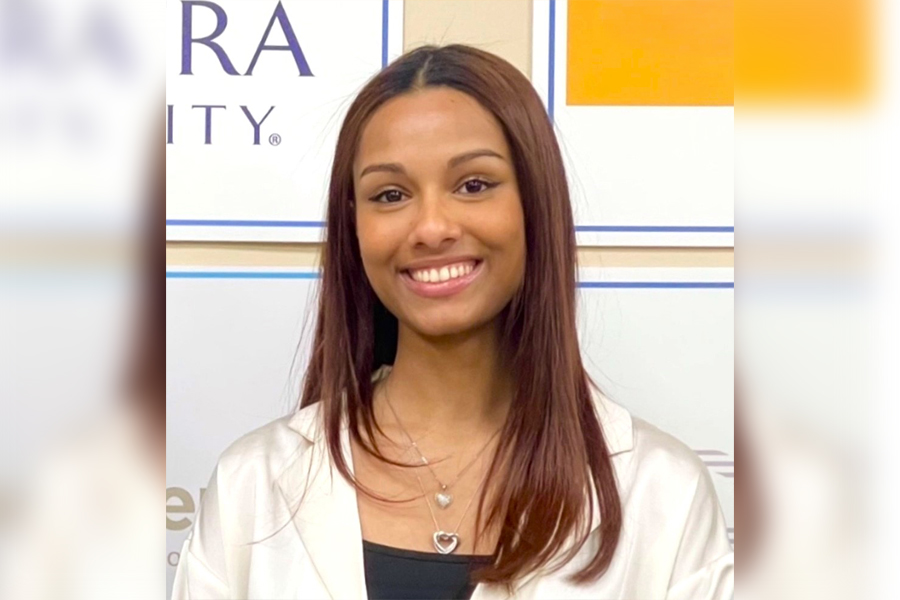
My Co-op Gig: Alisha Karim
Alisha Karim describes her co-op at Northwell Health as a perfect fit, renewing her excitement for a future career in tech.
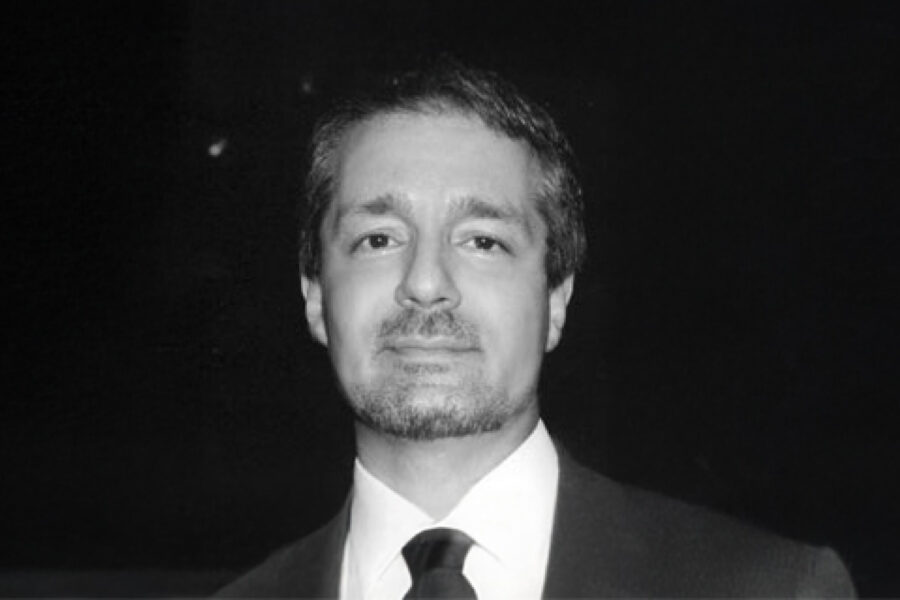
Understanding Sanctuary Cities
Teaching Assistant Professor Michael Izady, Ph.D., led a Dean’s Digital Café conversation about sanctuary cities.
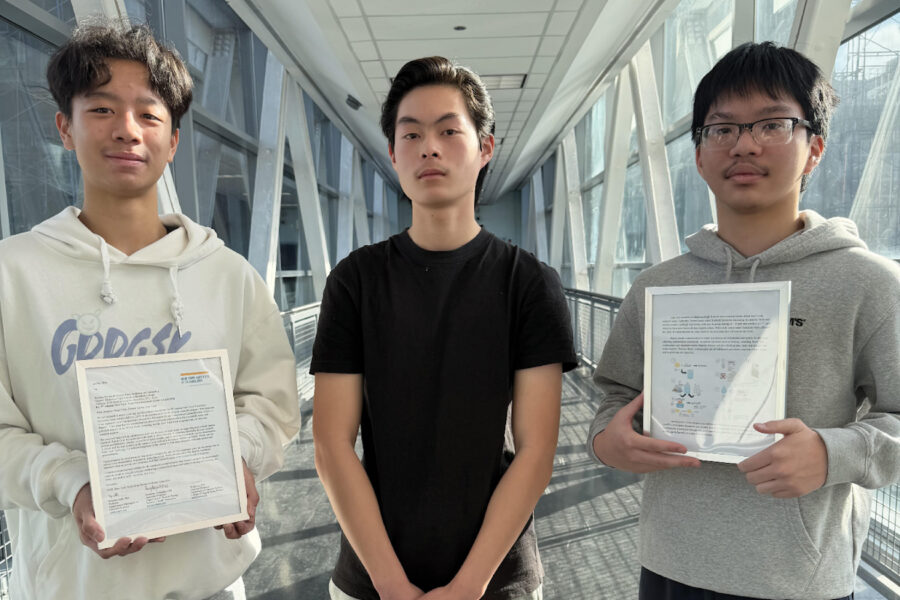
Promoting Early Engagement in Research
New York Tech recently completed the ninth year of its Mini-Research Grants Awards program to encourage high school students to pursue STEM fields.
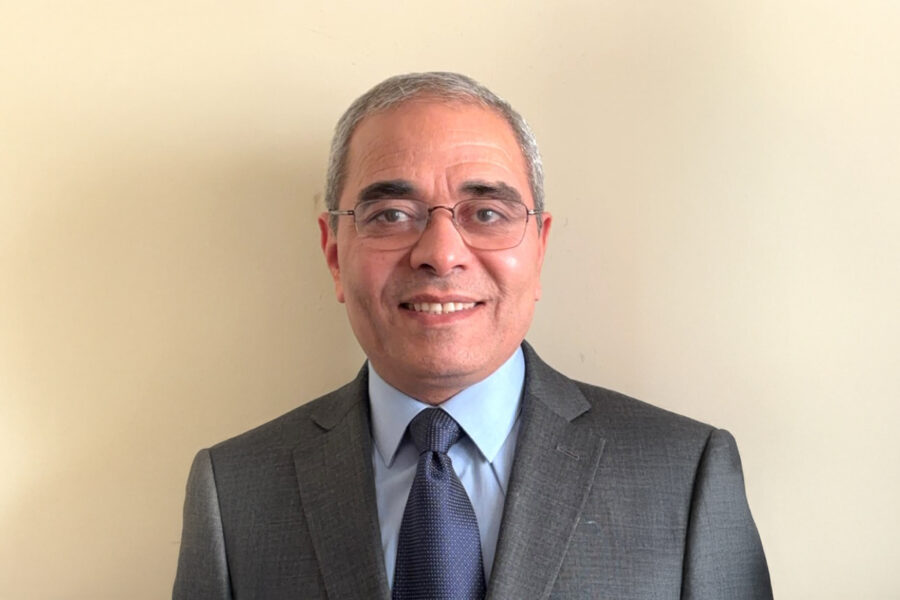
Reversing Bone Loss After Spinal Cord Injury
People with spinal cord injury may lose up to 41 percent of their bone mass in the first year. A new study by the College of Arts and Sciences’ Hesham Tawfeek, MBBCh, seeks to repair this damage.